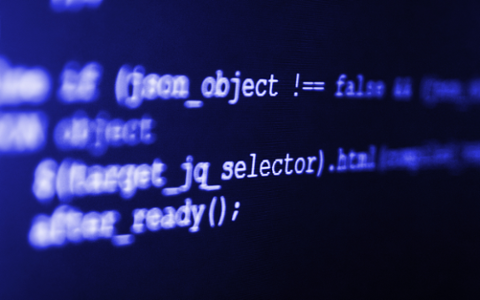Artificial intelligence (A.I.) and machine learning are immensely popular at the moment, thanks in large part to the rise of tools such as ChatGPT and Bard. Even people with no technical background are interested in what these technologies can do for them. Over the next few years, the evolution of A.I. will have a sizable impact on tech professionals—especially programmers.
ChatGPT and Bard rely on large language models (LLMs) to generate code in response to a user’s prompt. Armed with these tools (and similar ones that will roll out soon), a software developer could quickly produce serviceable code, debug it, and integrate it into their current project. How will that impact the growth and adoption of various programming languages?
“One potential wildcard in programming language movement that has emerged is the explosion in usage of LLM-based tooling,” analyst firm RedMonk recently wrote in a breakdown of the world’s most popular programming languages. “Obviously we’re not seeing any major shifts due to these tools as yet, but it is plausible that they could begin to have an impact. Some of that could arrive via the fact that LLMs, at this point, are better trained on some languages than others, which could tilt users of these in favor of one language at the expense of another.”
It’s also possible, RedMonk added, “that the ability of LLM tooling to rapidly educate and train users on new and unfamiliar technologies like new programming languages could lower the barriers of entry to new languages, and thus encourage broader rather than narrower language employment.”
The TIOBE Index, a monthly tracker of programming languages with the most “buzz” worldwide, thinks that the rise of A.I. might help Python, already one of the world’s most popular programming languages, hold onto its position. Python is frequently used in an A.I. context, thanks to its existing popularity and extensive libraries and frameworks. “If tools such as ChatGPT remain the talk of the day, it will attract new comers and then Python is definitely here to stay,” read the note accompanying TIOBE’s latest update. “If not, Python should fear for its first position.”
It’s important to remember that organizations and developers have mountains of legacy code to maintain, much of it written in some of the world’s most popular programming languages (Python, JavaScript, etc.). That alone ensures many languages will maintain their presence for quite some time to come, no matter what happens with automated code generation and A.I. However, these A.I. tools could make it easier for newer developers to begin coding in a variety of languages, boosting the latter’s adoption. So it doesn’t seem likely that A.I. alone will “kill” any language’s use—but it could open languages to new audiences.



